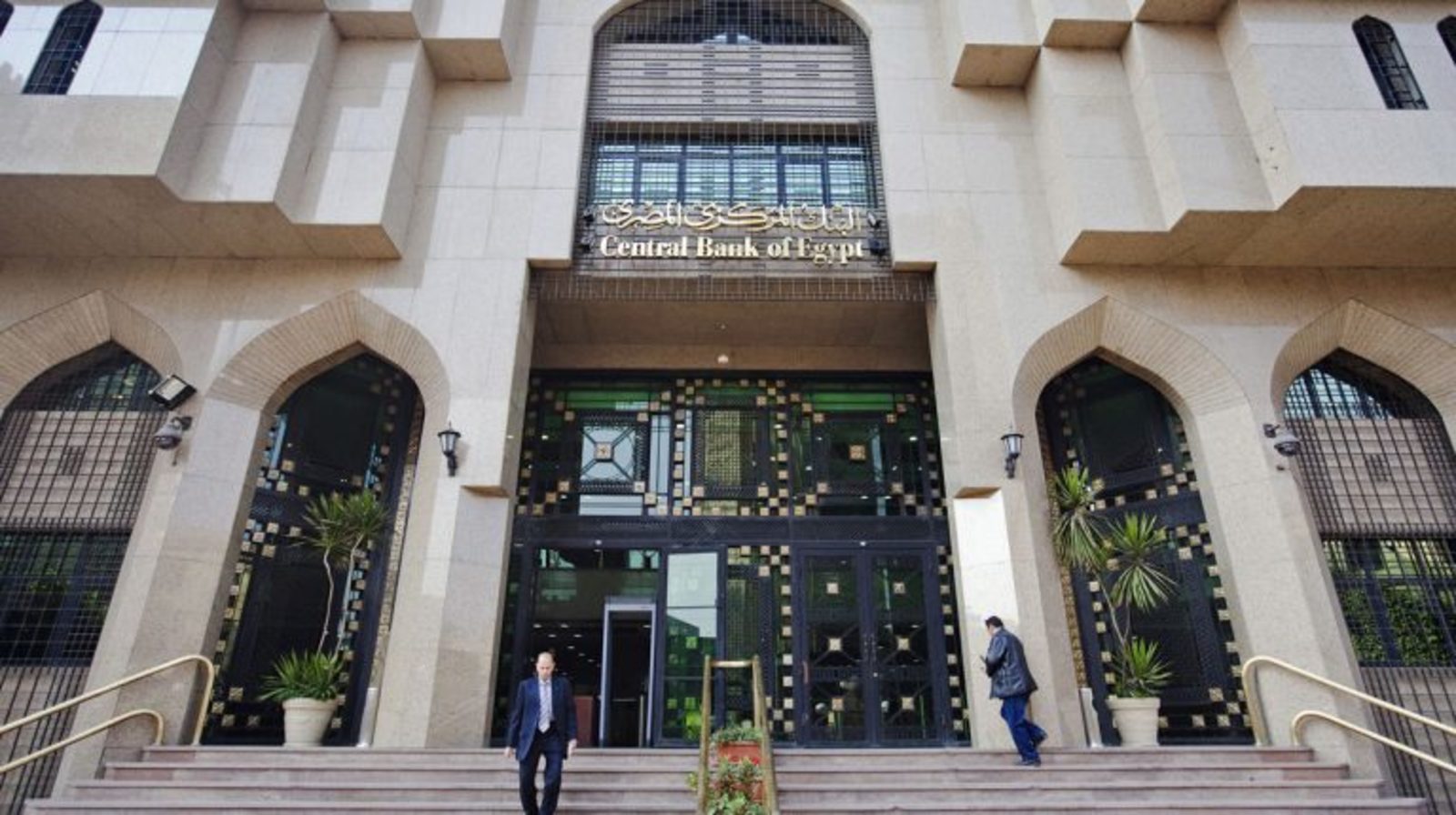ENTERPRISE POLL- CBE to leave rates on hold

ENTERPRISE POLL- The Central Bank of Egypt will likely leave interest rates on hold when it meets this Thursday as it looks to keep inflationary pressures in check, according to an Enterprise poll. All 12 analysts and economists we surveyed expect the central bank to err on the side of caution for the sixth consecutive meeting and continue to keep a close eye on rising global commodity prices, which have been translating into higher energy and raw material costs at home.
Where rates currently stand: The overnight deposit rate is at 8.25%, the lending rate at 9.25% and the main operation and discount rates are at 8.75%. The central bank slashed rates by 400 bps last year, including an emergency 300-bps cut in March to protect the economy from the fallout from covid-19, as well as two 50-bps cuts in September and November. It has since maintained rates for five consecutive meetings, including its most recent in June.
Inflation is still on the minds of policymakers: The CBE still has “an incentive” to keep rates steady, especially as global inflation remains heightened and as we’re expecting local price pressures following the latest round of fuel price hikes, EFG Hermes’ Mohamed Abu Basha said. Policymakers need to pre-empt heightened food prices stoked by rising international commodity prices, Beltone’s director of macro and strategy Alia Mamdouh told us. Others, including Pharos head of research Radwa El Swaify, CI Capital senior economist Sara Saada, and Naeem Brokerage’s Allen Sandeep, also cited continued inflationary pressure as the reason for the low likelihood of policy action this month.
Inflation has been on the upswing across the world in recent months as supply bottlenecks and ultra-loose monetary policy fuel rallies in raw materials and consumer goods. In the US and Germany prices are accelerating at their quickest pace in over a decade.
Egypt has remained insulated so far: Inflation in Egypt has barely moved from 4.3% in January, with the headline urban rate inching up only 60 bps to 4.9% last month, remaining below the lower-bound of the central bank’s 7% (±2%) target range. The rate was effectively unchanged in June, rising just 10 bps from the previous month due to a favorable base effect and a slower rise of monthly food prices.
The Egypt carry trade could face some competition: Emerging-market central banks including Brazil and Russia have reversed their easing cycles and begun aggressively hiking interest rates to curb rising prices, and last week’s US Federal Reserve meeting say chairman Jay Powell suggest that the central bank is moving closer to taking a decision about when to start scaling back stimulus. That news comes after the Fed signalled last month it may have to raise rates “sooner and faster” than it had previously signalled.
Better safe than sorry: While this leaves room for a cut, analysts agree that the CBE is better off cautious to give it room to maneuver. Suez Canal Bank’s Mohamed Abdel Aal and HC Securities Monette Doss are among those penciling in a gradual increase in the headline rate throughout the remainder of 2021, with Abdel Aal expecting an average of 5-6% by the end of the year and Doss seeing a rate of 5.6% in July.
Keep those portfolio flows coming: Policymakers will also want to maintain Egypt’s position as one of the world’s most lucrative carry trades. Egypt currently has one of the highest real interest rates in the world, which has helped portfolio flows rebound following the covid-induced emerging-market sell-off last year, to reach record highs earlier this year.
Analysts are split on whether we’ll see any cuts later this year: “We see a window for a rate cut toward the end of the year as tourism kicks off strongly offering a key alternative to current debt inflows,” Arqaam Capital analyst Noaman Khalid told us. Prime Holdings’ Mona Bedeir and Renaissance Capital, meanwhile, think the CBE will hold off on making further cuts for the rest of the year.
Consensus has been largely unchanged in the past few months, with almost all market watchers agreeing that the CBE’s easing cycle is on pause until the end of 2021, and will only resume in full force throughout 2022, when inflation is likely to remain anchored below the CBE’s target range and remain subdued going forward.